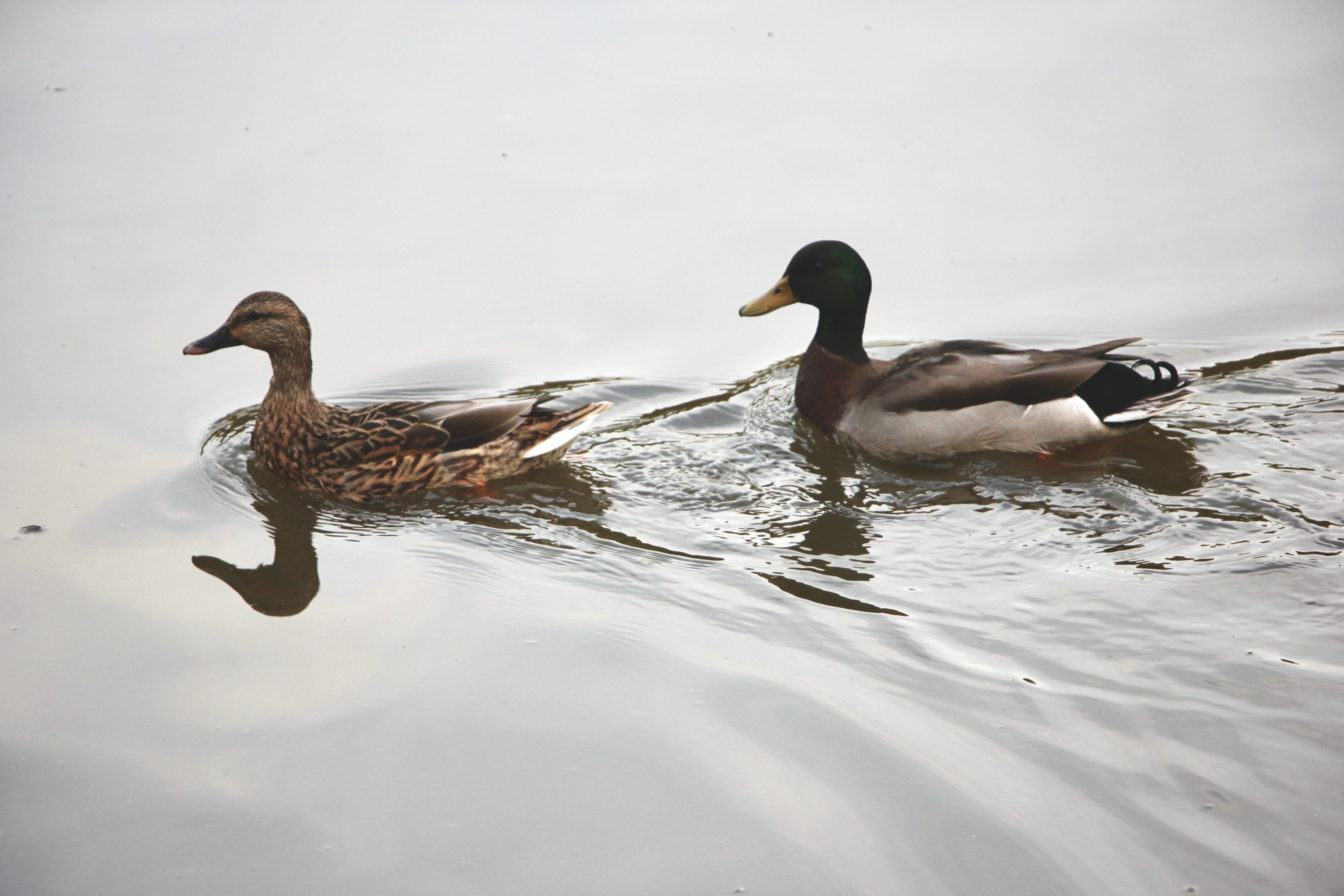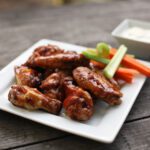Wild versus farm raised ducks
So, what’s the difference between a prepared wild duck and a farm raised duck? The answer basically comes down to flavor and texture, but there is much more to it than that.
If you managed to get your hands on a wild duck, the odds are you probably hunted it yourself. In places like Europe and Asia it is fairly common to see duck on grocery store shelves, while in the United States you are more likely to see it on mid to upscale restaurant menus.
On average ducks can live up to 15 years, but when farm raised they are usually slaughtered at 7-10 weeks of age to guarantee that the meat is tender. Wild duck on the other hand could be any age, so degrees of tenderness can vary greatly. Meat tenderness is also affected by how much the muscles are used during their lifetime. Farmed ducks don’t fly very often, if at all, so their meat remains more tender than that of wild birds.
Different duck species
There are multiple species of duck but in the wild they can basically be categorized into 2 groups, Divers and Mallards.
Divers, also called spoonies due to their spoon shaped beaks, dive down and search for food on the water bed. Mallards, also known as dabblers, are consumers of things like aquatic plants and grasses.
These factors are important when consuming wild duck as the flavor of the meat is greatly affected by the birds’ diet. Divers, who consume more aquatic creatures, tend to have a more apparent fishy flavor along with the usual gamey flavor that comes with wild game.
In my opinion, the best way to get rid of the gamey flavor is by brining the duck. You can add all sorts of herbs and spices to a brine, but basically equal amounts of salt and sugar dissolved in water is all you need. The solution should be cold, and the bird should be fully submerged in the brine for at least 12 hours.
How to cook duck
When cooking duck, due to its leanness, wild duck requires a lot less cooking time than farmed. Farm raised duck breast for example, needs to have the fat slowly rendered out before applying direct heat to the meat. Luckily duck hunting season is in the fall and winter when the birds are fattening up. Fat levels are nothing close to that of a farm raised duck, but at this time it is as high as it is going to get. It is also crucial to never over cook duck, you’ll want to cook it rare to medium at most, especially with wild animals. Overcooked duck can be horribly chewy.
Check out our recipes for Maple Smoked Duck Breast and Whole Hickory Smoked Duck (warning – this one is a three day project!). As you can see they can be prepared both simply or you can get fairly involved. Duck is delicious and somewhat underrated in the U.S., so choose your bird carefully, follow some simple rules and give it a try!






